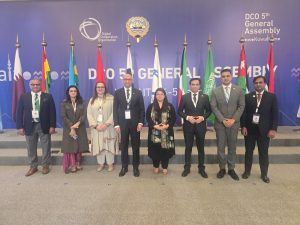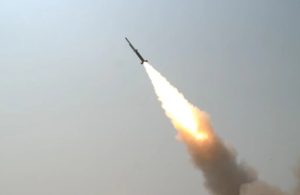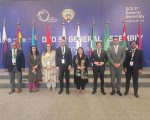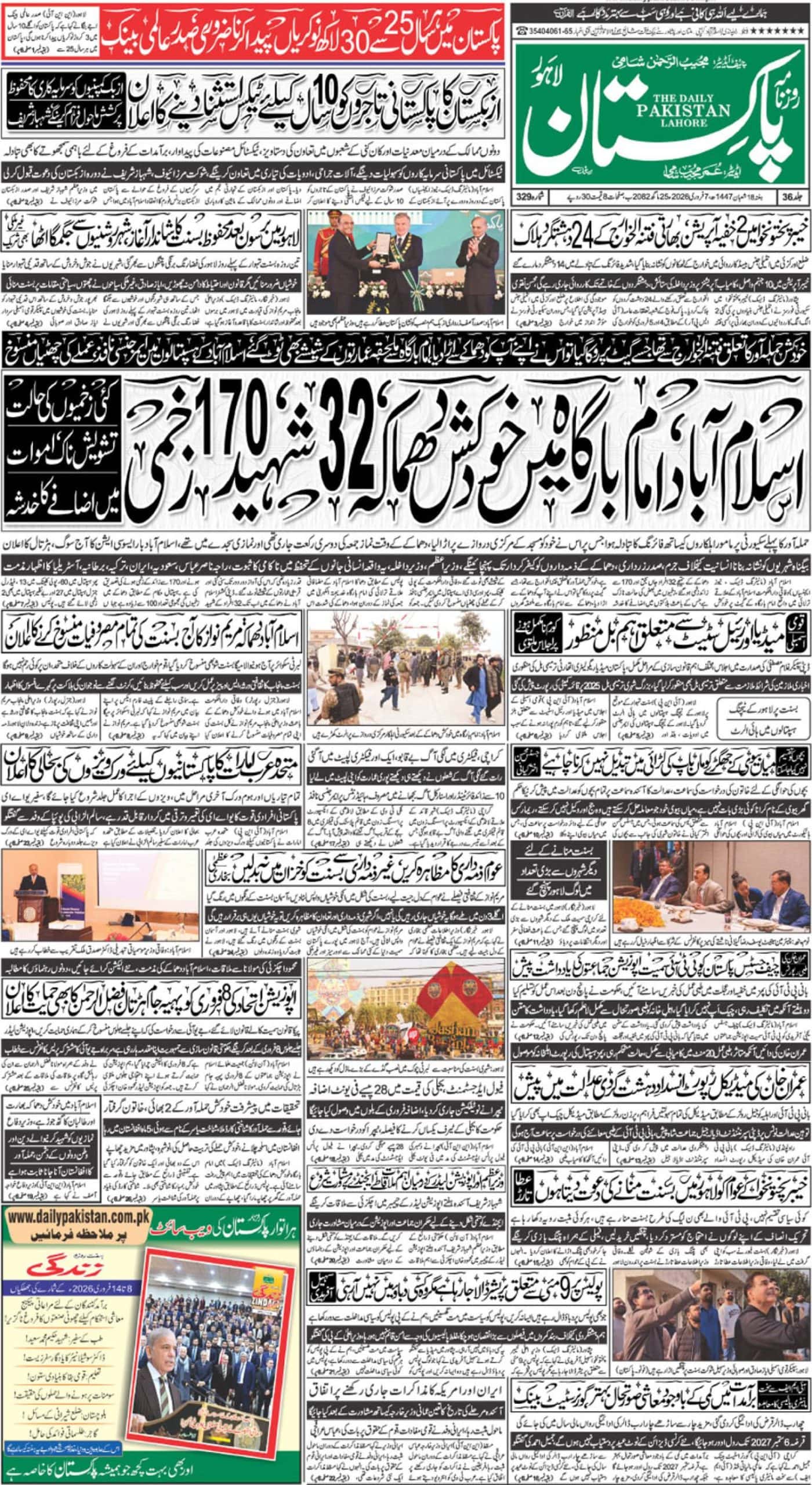WASHINGTON (Web Desk) – Two US Senators have introduced a bipartisan legislation in the Senate seeking reform of H-1B visa programme and modification of wage requirements. They also called for a sense of urgency against the “abuse of the system” over a scheme they claimed has got away from its original intent, NDTV reported on Wednesday.
The bill has been introduced by Senators Chuck Grassley, Chairman of Senate Judiciary Committee, and Dick Durbin, Assistant Democratic Leader. It is cosponsored by Senators Bill Nelson, Richard Blumenthal, and Sherrod Brown.
The bill would prohibit companies from hiring H-1B employees if they employ more than 50 people and more than 50 per cent of their employees are H-1B and L-1 visa holders.
This provision would crack down on outsourcing companies that import large numbers of H-1B and L-1 workers for short training periods and then send these workers back to their home country to do the work of Americans, the Senators said.
“For years, foreign outsourcing companies have used loopholes in the laws to displace qualified American workers and facilitate the outsourcing of American jobs. The H-1B and L-1 Visa Reform Act would end these abuses and protect American and foreign workers from exploitation,” Durbin said.
The bill would also give the Department of Labour enhanced authority to review, investigate and audit employer compliance as well as to penalise fraudulent or abusive conduct.
The bill says that working conditions of similarly employed American workers may not be adversely affected by the hiring of the H-1B worker, including who have been placed by another employer at the American worker’s worksite.
It explicitly prohibits replacement of American workers by H-1B or L-1 visa holders.
The Grassley-Durbin reform bill will for the first time prioritise the annual allocation of H-1B visas.
In addition, the bill includes establishment of a wage floor for L-1 workers; authority for the Department of Homeland Security to investigate, audit and enforce compliance with L-1 program requirements; and a change to the definition of “specialized knowledge” to ensure that L-1 visas are reserved only for truly key personnel.














